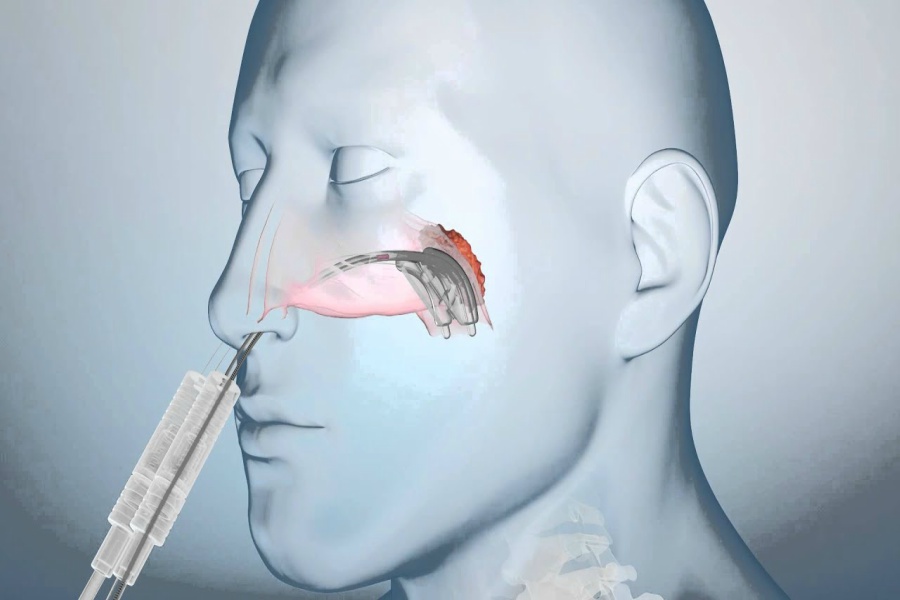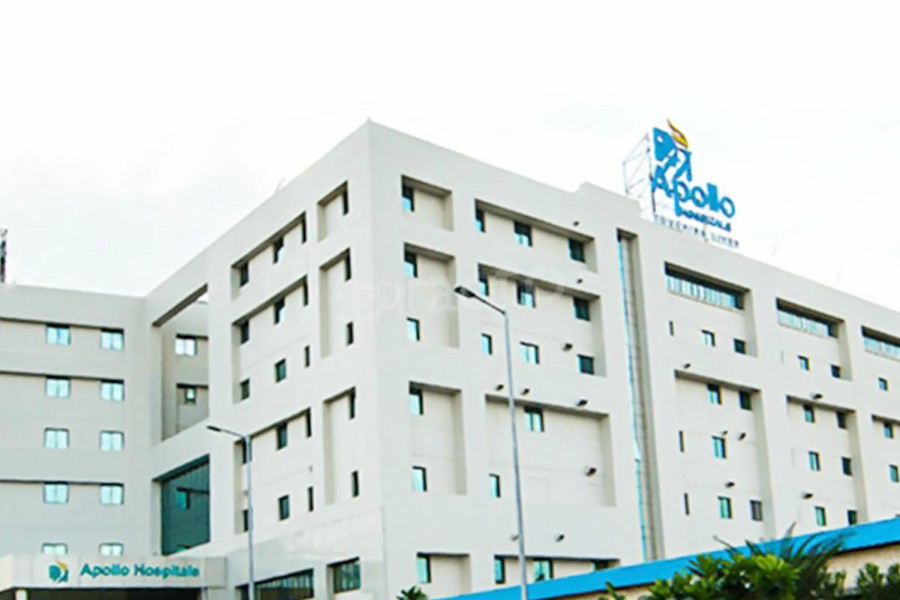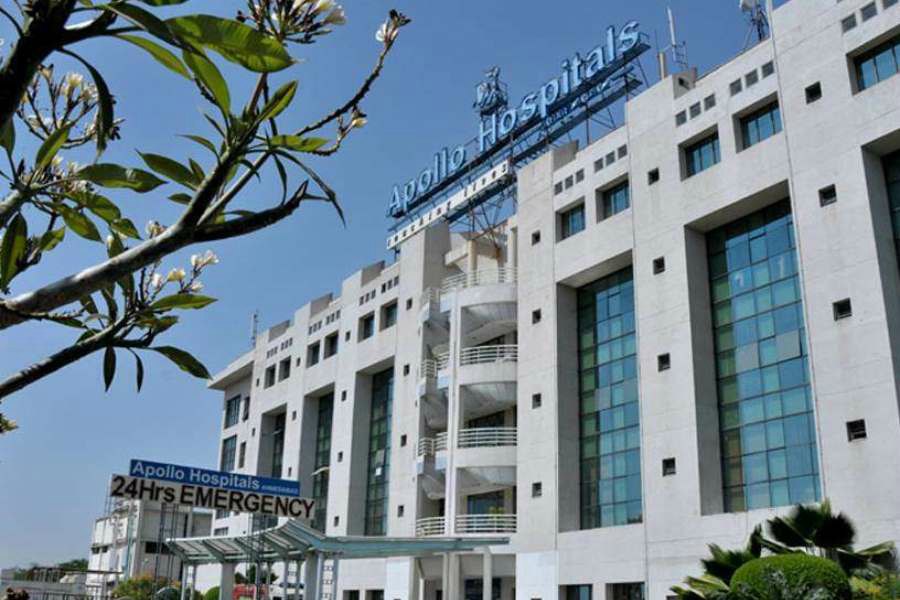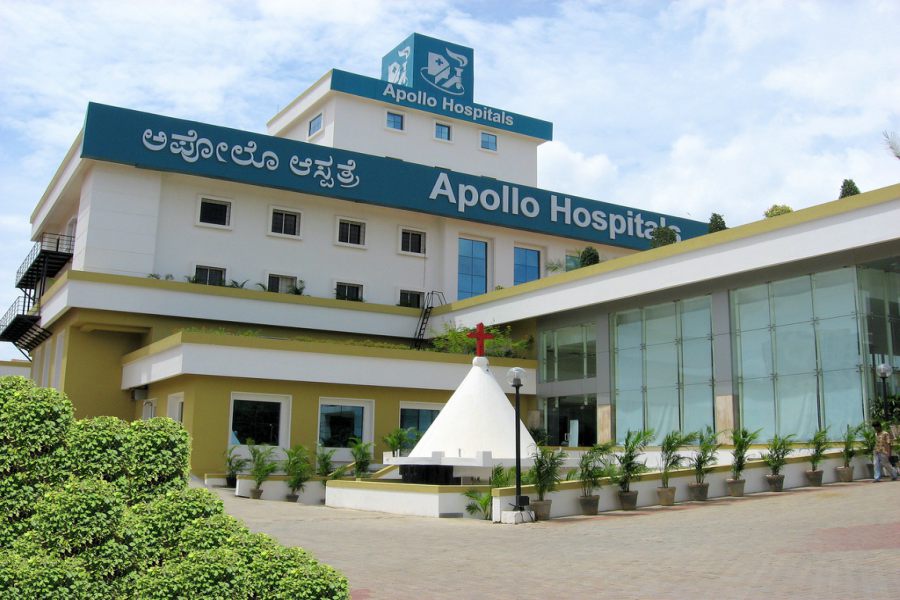
Overview
Although radiation therapy is a popular treatment option for cancer, it causes several side effects and also harms the surrounding healthy tissues. To minimise the damage to the healthy tissue, an internal radiation method known as brachytherapy is used, which directly targets the tumour.
Brachytherapy is a type of radiation therapy, which involves the insertion of a radioactive source directly near the tumours. It emits high dose of radiation which are targeted to the tumours and limits its effect on the surrounding healthy tissues.
Brachytherapy can be given alone or along with other cancer treatments like surgery, chemotherapy and external radiation therapy.
ELIGIBILITY
Brachytherapy has been used in several types of cancer such as –breast cancer, head and neck cancers, lung cancer, prostate cancers, rectal cancers, eye cancer and skin cancer.
PREPARATION BEFORE PROCEDURE
During the pre-treatment visit, the surgeon will obtain information aboutthe past medical, medication, and social history of the patient. A physical examination is conducted to evaluate the overall health condition. Your doctor would prescribe certain blood tests to check if you have any health problems and imaging tests to spot the location of the tumour. Additionally, the surgeon give you certain instructions like:
- Quit smoking and alcohol consumption a few weeks before brachytherapy.
- Stop taking painkillers or blood-thinners at least one week before the procedure.
Ask your surgeon if you need to follow any food restriction on the day before brachytherapy.
PROCEDURE TYPE
Based on the type and extent of cancer, brachytherapy is of the following types:
1. Temporary brachytherapy:
In this type of brachytherapy, a radioactive substance is placed near the tumour using a catheter (a soft and thin tube), or hollow needles for a specific duration. Once the treatment is done, the radioactive substance is removed.
Temporary brachytherapy is administered with a high dose rate (HDR) or low dose rate (LDR) technique.
- High dose rate brachytherapy: In this procedure, a high dose of radiation is delivered for about 10 to 20 minutes per session. Based on the type of cancer, you may receive HDR twice daily for two to five day or once a week for two to five weeks.
- Low dose rate brachytherapy: In this procedure, a low dose of radiation is passed for about 20 to 50 hours. This therapy requires a hospital stay. Once the procedure is done, the surgeon removes the radioactive substance, and you will be discharged.
2. Permanent brachytherapy:
In permanent brachytherapy, a radioactive substance is taken in a needle and is placed near the tumour under the guidance of an ultrasound or CT scan. The needle is removed, after placing the radioactive substance near the tumour.
ABOUT PROCEDURE
Brachytherapy is performed under local or general anesthetic. A local anesthetic causes numbness in the area of surgery and a general anesthetic causes unconsciousness. Now, based on the location of the tumour; ultrasound, CT scan, or MRI are used to place the radioactive substance.
POST-PROCEDURE CARE
An overnight hospital stay is required if you have received a low dose rate brachytherapy. Mild pain, dizziness, and tenderness are common after the procedure. You may be given certain medications to manage pain and discomfort.
Hospital stay is not required if you have received permanent brachytherapy. You need to stay away from the children and pregnant women for a few weeks.
RECOVERY TIPS
The following instructions help in quicker recovery:
- Take the prescribed medicines regularly.
- Take adequate rest.
- Avoid strenuous activities for few weeks
- Consult your surgeon immediately if you have a fever, discharge of pus, and heavy bleeding from the site of the implant.
FAQ
Inform the doctor about permanent brachytherapy. The surgeon will contact the radiation oncologist who performed your surgery and discuss about the condition. After discussing the risks and benefits, you would be informed if you can undergo surgery.
The following are the common side effects after brachytherapy:
- Burning sensation while urinating
- Increased frequency of urination
- Nausea
- Fatigue
- Pain or soreness at the site of an implant
Brachytherapy has the following advantages:
- Minimally invasive procedure
- Quicker recovery
- Lesser side effects
- Fewer hospital visits
A person can return to his/her routine activities two days after the implantation.
The permanent implant emits radiation for a few weeks or months. These implants do not cause any harm even after their activation period is over. Hence, they are left inside the body.


 Best Hospitals
Best Hospitals












